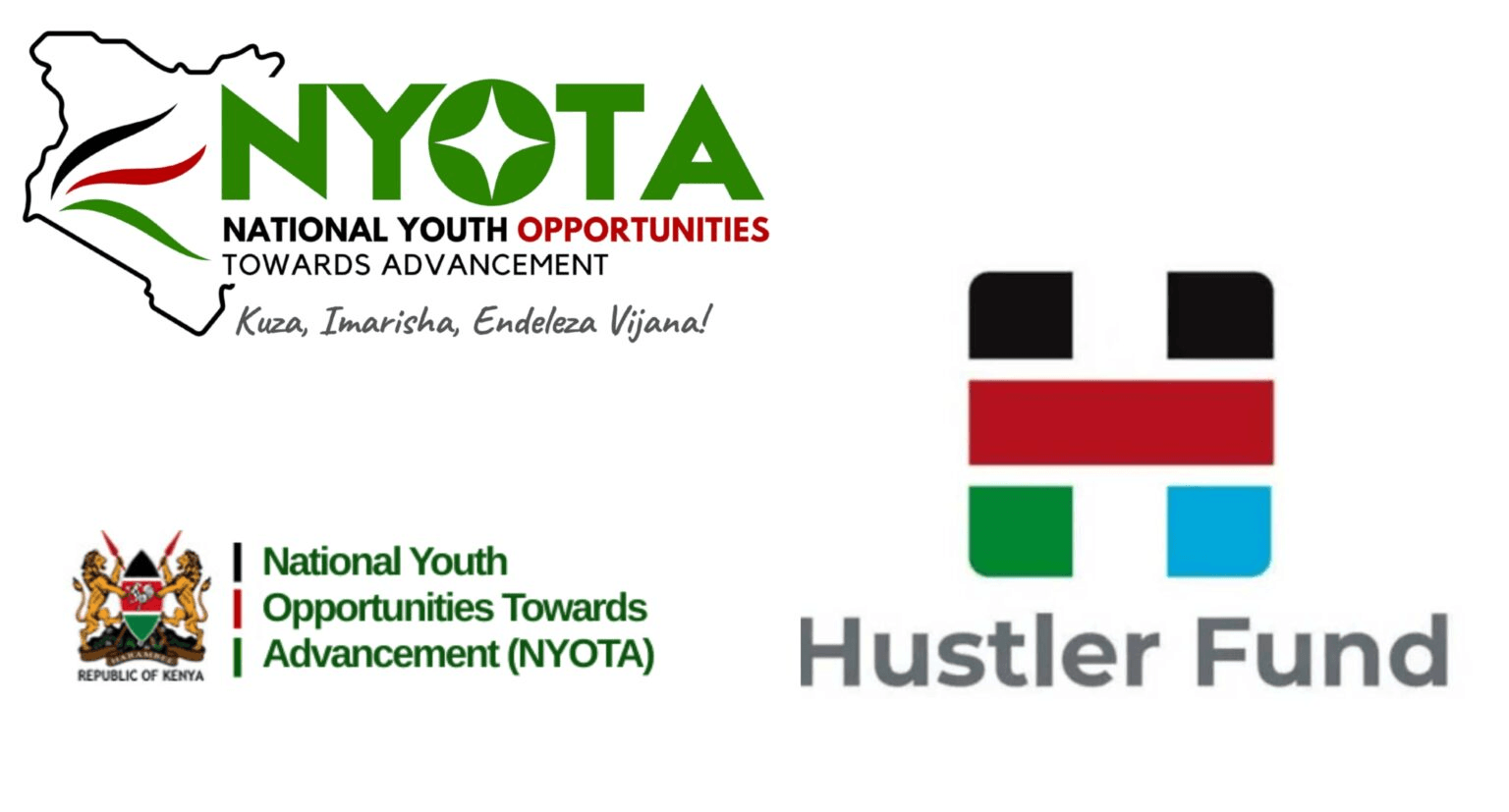We're loading the full news article for you. This includes the article content, images, author information, and related articles.
Approximately nine million Kenyans who have defaulted on Hustler Fund loans will not qualify for the government's new National Youth Opportunities Towards Advancement (NYOTA) programme, which offers Ksh.50,000 grants for youth-led enterprises.

Kenyans with outstanding Hustler Fund loans will be excluded from the National Youth Opportunities Towards Advancement (NYOTA) programme, a new government initiative offering Ksh.50,000 grants to support youth-led enterprises. This directive, announced on Monday, October 6, 2025, by Principal Secretaries dispatched across the country, affects an estimated nine million Kenyans who have defaulted on their Hustler Fund obligations.
The NYOTA programme, launched in partnership with the World Bank, aims to foster the creation of 100,000 youth-led businesses, with up to 70 young people in each of Kenya's 1,450 wards expected to receive the grants. However, government officials, including Irrigation Principal Secretary Ephantus Kimotho and Social Protection Principal Secretary Joseph Montari, have stated that a clear repayment record for Hustler Fund loans is a prerequisite for eligibility.
The Hustler Fund, officially known as the Financial Inclusion Fund, was a key campaign promise by President William Ruto during the 2022 presidential election, launched on November 30, 2022. It was designed to provide affordable, collateral-free credit to individuals and micro, small, and medium-sized enterprises (MSMEs) at an annual interest rate of 8%, calculated daily. The fund aimed to address the credit gap for Kenyans at the bottom of the economic pyramid, who often struggle to access affordable credit from formal financial institutions.
The government initially allocated Ksh.50 billion annually to the fund for at least five years. Loans range from Ksh.500 to Ksh.50,000 for individuals, with larger amounts available for groups and SMEs. A unique feature of the Hustler Fund is its savings component, where 5% of the borrowed amount is allocated to a savings account, with 70% accessible upon retirement and 30% available after 365 days for timely repayers, or immediately for those who repay defaulted loans.
The Ministry of Cooperatives and MSME Development oversees the Hustler Fund, with disbursement facilitated through mobile network operators. While the fund is government-owned, its operations are largely automated and managed by private sector players, primarily telecommunication companies. Despite its intentions, the Hustler Fund has faced significant repayment challenges. By September 2024, government data indicated that over half of the borrowers had defaulted on repayments totaling Ksh.11 billion. Another report in February 2025 by the Auditor General stated that 64% of the fund's total loan portfolio, equivalent to Ksh.8.74 billion, remained unpaid for over a year.
In March 2024, Cooperatives, Micro, Small and Medium Enterprises Cabinet Secretary Simon Chelugui reported a 71% repayment rate out of Ksh.49 billion disbursed. However, other reports suggest a higher default rate, with some sources indicating that 19 million out of 21 million borrowers had defaulted by October 2025. Initial penalties for default included an increase in the interest rate from 8% to 9.5% after 15 days, and the freezing of the borrower's Hustler Fund account after 30 days. While defaulters are not listed on Credit Reference Bureaus (CRBs), their inability to repay affects their credit score within the Hustler Fund system and limits access to higher loan limits.
The decision to exclude Hustler Fund defaulters from the NYOTA grants has drawn varied reactions. Social Protection PS Joseph Montari emphasized that those who failed to repay Hustler Fund loans have demonstrated an inability to manage government funds. This stance highlights the government's move towards stricter enforcement of repayment to ensure the sustainability of public financial inclusion programmes. The Ministry of Cooperatives has consistently urged Kenyans to repay their loans to improve their credit scores and access future government programmes.
However, some critics argue that linking the two programmes could further marginalize vulnerable youth who may have defaulted due to genuine economic hardship rather than unwillingness to pay. The Hustler Fund was intended to support the informal sector, which accounts for over 80% of Kenya's workforce and contributes significantly to the GDP. The Kenya National Bureau of Statistics (KNBS) indicates that MSMEs employ approximately 15 million people and contribute over 40% of the country's GDP.
While the government has clearly stated the ineligibility of Hustler Fund defaulters for NYOTA grants, the long-term impact on financial inclusion and the informal sector remains to be seen. The Ministry of Cooperatives and MSME Development has indicated that default recovery measures will adhere to data protection laws. However, the specifics of these recovery measures and their potential implications for defaulters beyond exclusion from future programmes are not fully detailed.
The NYOTA programme's application period opened on Monday, October 6, 2025, with a deadline of Friday, October 10, 2025, at 12:00 PM EAT. Validation and tests are scheduled for Thursday, October 17, 2025, followed by business training and eventual disbursement of grants. This rapid rollout highlights the government's commitment to youth empowerment, but also raises questions about the thoroughness of the vetting process for such a large number of applicants.
Observers will be keenly watching the implementation of the NYOTA programme, particularly the effectiveness of its selection process in identifying deserving youth while managing the implications of the Hustler Fund default policy. The government's strategy for recovering outstanding Hustler Fund loans and its impact on the broader financial landscape for MSMEs will also be a critical area of focus.
Keep the conversation in one place—threads here stay linked to the story and in the forums.
Sign in to start a discussion
Start a conversation about this story and keep it linked here.
Other hot threads
E-sports and Gaming Community in Kenya
Active 9 months ago
The Role of Technology in Modern Agriculture (AgriTech)
Active 9 months ago
Popular Recreational Activities Across Counties
Active 9 months ago
Investing in Youth Sports Development Programs
Active 9 months ago